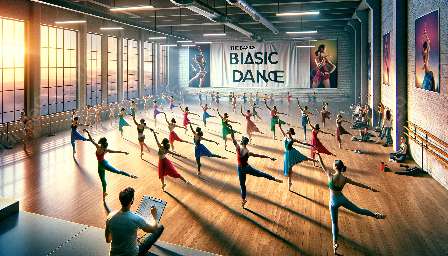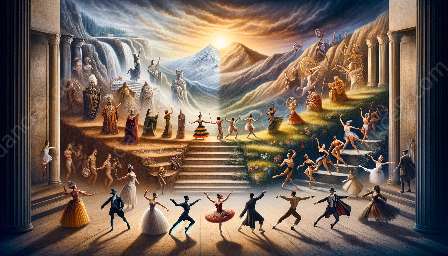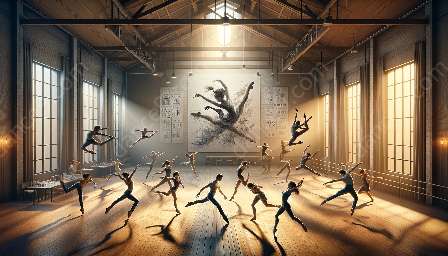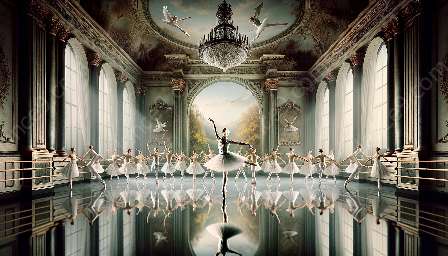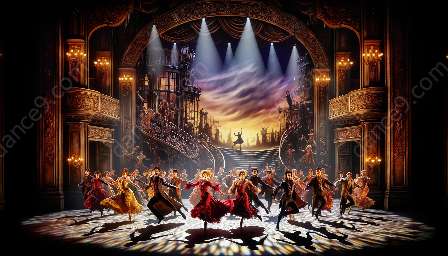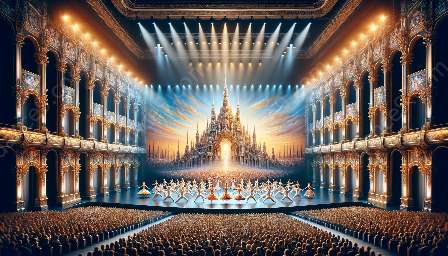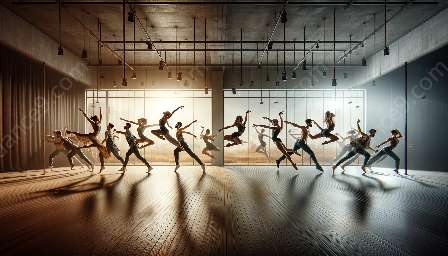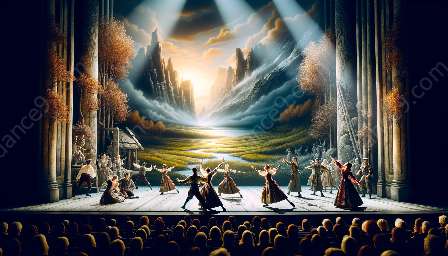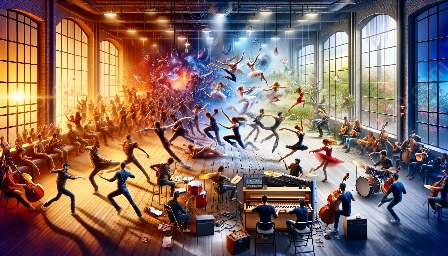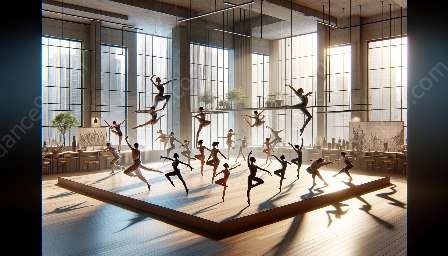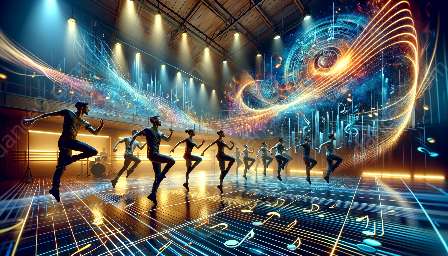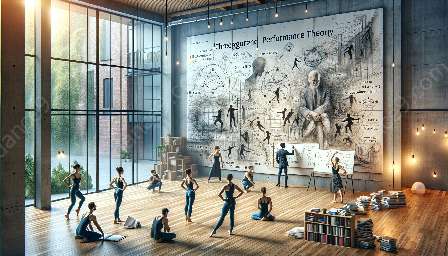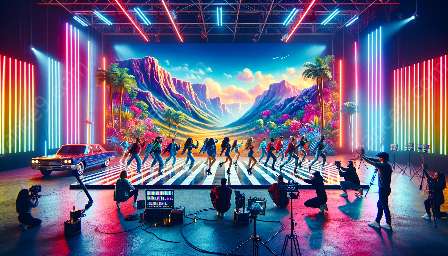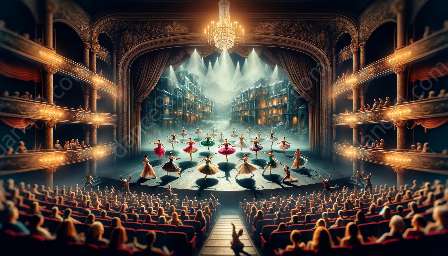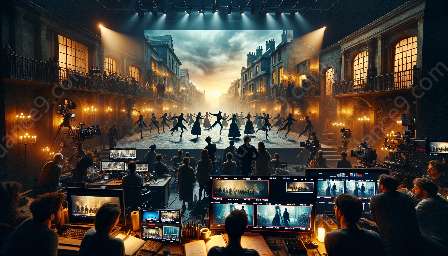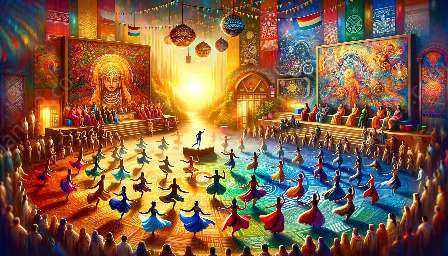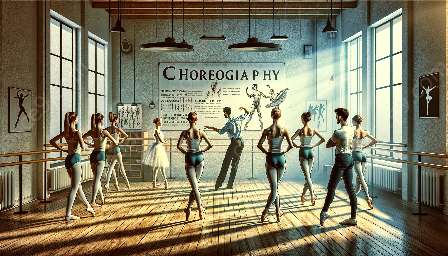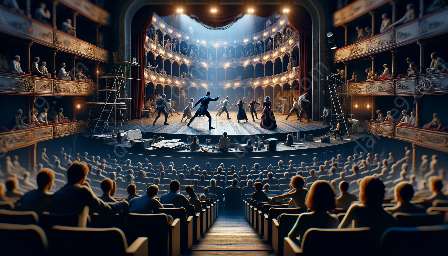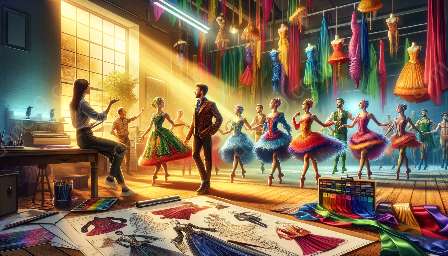Choreography involves not only creative expression but also ethical considerations that influence the process and impact the final outcome. When engaging in choreographic creation, dance artists and choreographers must navigate a range of ethical dilemmas to ensure responsible, respectful, and socially-conscious practices.
Ethical Considerations in Relation to Choreography
Choreography is a form of artistic expression that involves shaping movement, space, and time to create dances. In the context of choreography, ethical considerations play a crucial role in determining the themes, narratives, and representations portrayed through movement.
One of the key ethical considerations in choreographic creation is the portrayal of sensitive topics such as cultural appropriation, gender identity, and social justice issues. Choreographers need to be mindful of how their creative choices may impact individuals and communities, especially when representing diverse cultural or social experiences.
Respectful Representation and Cultural Sensitivity
Respectful and culturally sensitive representation is essential in choreographic creation. Dance artists must consider the implications of using movement vocabulary, gestures, or themes that are associated with specific cultural traditions or identities. It is crucial to engage with cultural materials and narratives in a respectful and informed manner, recognizing the significance of cultural heritage and the potential for misrepresentation or exploitation.
Furthermore, choreographers should strive to incorporate diverse perspectives and voices in their creative process, ensuring that the choreographic work reflects the richness and complexity of human experiences. This may involve collaborating with artists from various backgrounds and engaging in meaningful conversations about representation and interpretation.
Power Dynamics and Collaborative Practices
Another important ethical consideration in choreographic creation pertains to power dynamics within collaborative practices. Choreographers hold significant influence over the creative process and the performers, and it is essential to foster a collaborative environment that values consent, agency, and open communication.
Respecting the boundaries and artistic autonomy of dancers and collaborators is critical in upholding ethical standards in choreographic creation. Choreographers should provide a safe and inclusive space for creative exchange, where all participants feel empowered to contribute their ideas and perspectives without fear of exploitation or coercion.
Ethics in Choreographic Practices
Beyond the creative process, ethical considerations extend to the broader practices and professional conduct within the field of choreography. This encompasses matters related to intellectual property, compensation, and the impact of choreographic works on audiences and communities.
Intellectual Property and Attribution
Choreographers must uphold ethical standards regarding intellectual property and the attribution of creative contributions. Respecting the rights of dancers, collaborators, and other artists involved in the choreographic process is essential in promoting a fair and equitable creative landscape.
Clear communication and formal agreements regarding choreographic authorship, rights, and the use of creative material are fundamental in avoiding disputes and ensuring that all individuals involved receive due recognition and compensation for their contributions.
Social Responsibility and Impact
Choreographic works have the potential to influence, provoke, and inspire audiences, making ethical considerations regarding their impact on society and communities imperative. Dance artists and choreographers should consider the social relevance, message, and potential implications of their works, especially in relation to sensitive or contentious subject matters.
Engaging in dialogue with stakeholders, community representatives, and audiences can help choreographers gauge the ethical implications and reception of their work, thereby fostering a more inclusive and socially responsible artistic practice.
Conclusion
Exploring the ethical considerations in choreographic creation illuminates the intricate intersections of creativity, cultural representation, and social responsibility within the realm of dance. By recognizing and addressing these ethical considerations, choreographers can contribute to a more ethical, inclusive, and impactful choreographic landscape that respects the dignity, autonomy, and diverse perspectives of all involved.

